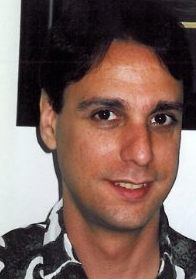 Featured Interview With Angelo J. Falanga
Featured Interview With Angelo J. Falanga
Tell us a little about yourself. Where were you raised? Where do you live now?
By Labor Day 1995 I had been living in Brooklyn, New York for three months with my maternal grandmother, helping as she recovered from open heart surgery. Celebrating the holiday, a block party had been organized by too few of the neighbors to bother getting a permit to close off the street. I was cooking chicken using a barbecue grill wheeled up onto the concrete in front of my grandmother’s stoop when a neighbor sat down in a beach chair set up behind me. That neighbor was Frank A. Stokes. What began with a one hour conversation once the chicken was cooked would become fifteen years of work and friendship with the late composer and bandleader. Stokesified! is my memoir of the experience, based on more than 20 hours of interviews I recorded beginning in 2001. I studied Political Science at California State University, Long Beach. I left college for a job on the NBC game show, Time Machine, while studying comedy writing with Get Smart writer Dee Caruso at UCLA. I worked from 1985 to 1992 for the late lighting designer Wally Russell as a personal assistant and in the stage management of the Los Angeles Opera while Mr. Russell served as the company’s Technical Director. (See The Wally Russell Foundation and The Wally Award, bestowed for excellence in lighting design) I lived and worked in Germany from 1992 to 1994, traveling throughout the continent during these years. For Mr. Stokes, I assisted in the home studio where three albums were produced and with the booking then staging of live performances while managing Mr. Stokes’ web presence, also serving as a photographer and videographer. I live and work in Las Vegas, Nevada.
At what age did you realize your fascination with books? When did you start writing?
I remember coming home from kindergarten in Brooklyn knowing B and K were the last two letters I couldn’t yet print. From grade school I was reading newspapers, never comic books, and my abilities as a speed reader were such that I was surprised with an award for it at my 8th grade graduation. Writing was always the career I thought I’d have, but I fell in love with putting on live shows. Now as I’ll soon turn 50 with both of the brilliant men I’ve been fortunate to work for now gone I’m back where it all began for me, writing, with a memoir published and two novels in progress.
Who are your favorite authors to read? What is your favorite genre to read. Who Inspires you in your writings?
Actually, my favorite writer is someone few would have heard of. J. Michael Kennedy was a correspondent for the Los Angeles Times based in the Beirut of the 1980’s where foreigners were being kidnapped and held for ransom. His crisp, clear style served the subject matter well. I admired how he kept his wits about him and remained free to report under the most challenging of circumstances. My favorite novelists are Thomas Pynchon and Jack Kerouac. Gravity’s Rainbow is my single favorite book, while people still get on my case about how long my sentences can be, a result of the speed reading way my mind works and too much time spent suspecting Kerouac was the same way. I remember going to a book signing with Steve Allen at the Sportsmen’s Lodge out in the valley one night. Allen told me Kerouac was actually very shy. That makes sense to me. You follow your inspirations, you fall in and out of love, but you don’t make a big deal of yourself. That’s why I’m glad Thomas Pynchon never did an interview. I honestly don’t think his life is the driving force behind his work. Being able to pull him off a shelf without ever knowing a thing about him is a deal I’m fine with. Of course, the opposite is true in the cases of Hunter S. Thompson and Gore Vidal. I’ve heard Vidal get knocked as an intellectual lightweight, but if so, he’s my intellectual lightweight. I like the connections Vidal drew and the observations he made. I like his playful books more than his serious ones and I like his essays more than his fiction. Most of all I like the fact that it would not have been possible for him to care what I think of his work. As for Hunter S. Thompson, I had a job cold calling to see if people wanted to invest their money in an operation raising ostriches in Texas to sell the meat and hides. Given all the places I was free to call in the United States, of course one of my first calls was to the Woody Creek Tavern. Of course, Hunter wrote my favorite suicide note, but I bring that up as a serious point. I think he remained vital and readable to the end of his productive days. The struggle with Bill Clinton over the basket of french fries in Better Than Sex is epic. A few days before his death I felt absolutely compelled to pull Fear And Loathing On The Campaign Trail out of a drawer and take it with me to the laundromat. I’ve heard all the stories about how William S. Burroughs hardly wrote what came out under his name, and again, it’s a subject I could care less about. As long as there’s a whiff of him to it, fine by me. I like Richard Ellmann’s biography of Oscar Wilde as much as I like Oscar’s writing. That book by Ellmann was a major influence on how I would approach writing about the late Frank A. Stokes, even if the two finished products look radically different. The tone of quiet, persistent dignity, that’s what I was after. I know that for long stretches of my youth I was influenced by Maugham, especially The Razor’s Edge. Again, that’s a case of insults traveling in a circular orbit, as I read what Vidal had to say about Maugham, but I guess that feeling when I was young of being so much less than the geniuses around me made my mind want to cheer for second chances. Of course, there’s a whole other aspect to my inspiration, the music, as there were times when I was working in the stage management of the Los Angeles Opera while my sister was drumming for a female hard rock trio on the Sunset Strip. In the same 24 hours I could be around Placido Domingo and the people who knew Kurt Cobain before he made it. The single greatest night of my life was October 11, 1979. I saw The Clash for the first time that night at The Hollywood Palladium, weeks before London Calling came out. It was the first time I ever felt like I belonged somewhere.
Tell us a little about your latest book?
Stokesified! is a word Frank A. Stokes coined to describe how any sound he heard he would make his own. I worked for Mr. Stokes from 1995 until December 2010 when he went into his fatal heart attack sitting next to me. In June of 2001 I began recording interviews with Mr. Stokes and musicians ranging from the world class jazz players Mr. Stokes had performed with at Carnegie Hall and the downtown clubs to the underground musicians Mr. Stokes began his career with at CBGB’s and Max’s Kansas City. I did a painstaking job of accurately transcribing the recordings while doing my writing around the interviews. There are no chapters and the timelines run concurrently so as to emphasize the notion that no one era Of Mr. Stokes’ life was greater than another. The book also details what happened as Mr. Stokes and I were about to begin working in his home studio on 9/11, and in the months to follow. It is perhaps one of the most detailed accounts of life in New York City beyond Manhattan as people put their lives back together.
Connect with the Author on their Websites and Social media profiles
 Featured Interview With James M. Corkill
Featured Interview With James M. Corkill Tell us a little about your latest book?
Tell us a little about your latest book? Featured Interview With Stan Morris
Featured Interview With Stan Morris Tell us a little about your latest book?
Tell us a little about your latest book? Featured Interview With John Reinhard Dizon
Featured Interview With John Reinhard Dizon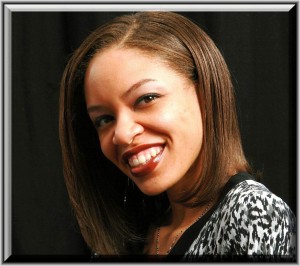 Featured Interview With Nadine C. Keels
Featured Interview With Nadine C. Keels Tell us a little about your latest book?
Tell us a little about your latest book?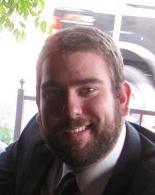 Featured Interview With Cody J. Sherer
Featured Interview With Cody J. Sherer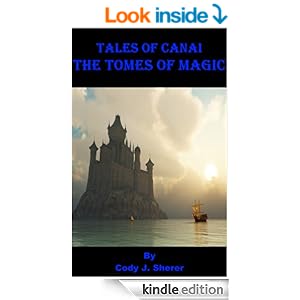 Tell us a little about your latest book?
Tell us a little about your latest book?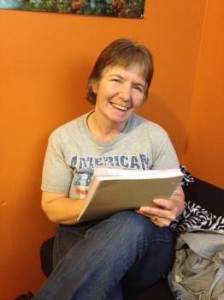 Featured Interview With P.S. Winn
Featured Interview With P.S. Winn Tell us a little about your latest book?
Tell us a little about your latest book? Featured Interview With Rita Lee Chapman
Featured Interview With Rita Lee Chapman Tell us a little about your latest book?
Tell us a little about your latest book?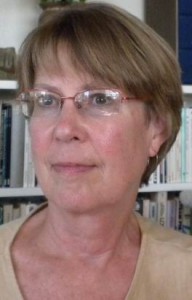 Featured Interview With CJ Verburg
Featured Interview With CJ Verburg
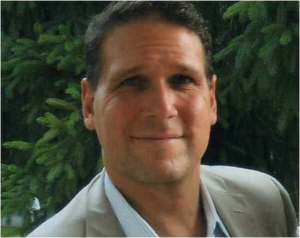 Featured Interview With Larry Hochwald
Featured Interview With Larry Hochwald
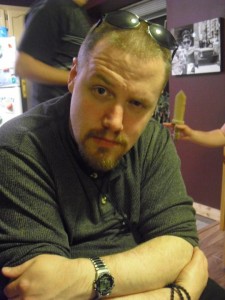 Featured Interview With Joseph Picard
Featured Interview With Joseph Picard
 Featured Interview With Tristen Evans
Featured Interview With Tristen Evans
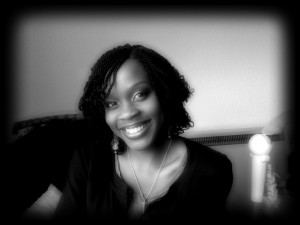 Featured Interview With C. M. OKONKWO
Featured Interview With C. M. OKONKWO